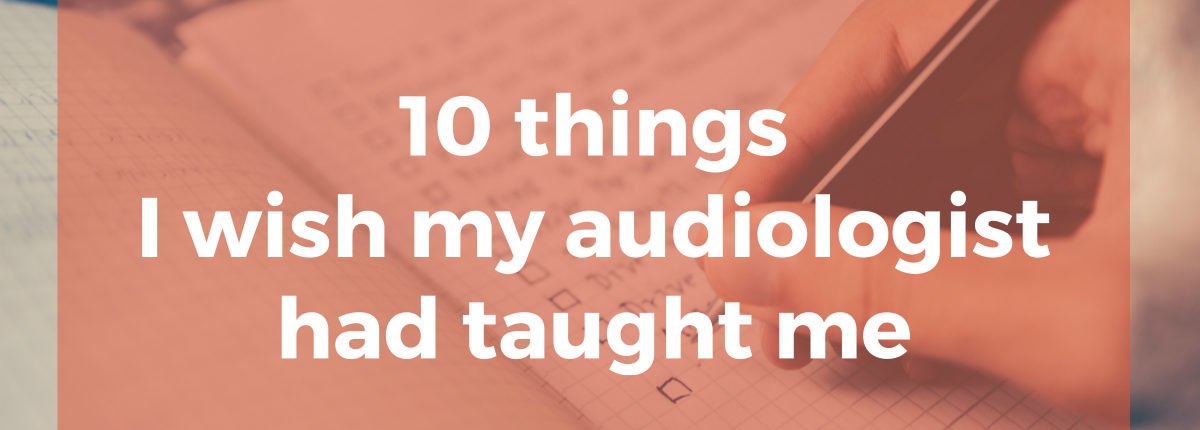Audiologists and hearing rehabilitation
Gianluca Trombetta: A new course to the rescue
When my audiologists finally convinced me to start wearing hearing aids at age 20, I expected to immediately have perfect hearing. But of course, that did not happen. And then I found myself with questions and in situations that I did not know how to handle.
What was I to do when my hearing aids did not work? How should I tell my work colleagues about my hearing loss? How do I properly enjoy my dinner out or a day at the beach? And what technology accessories are relevant for my needs?
I was disappointed and frustrated by what I felt was a lack of support from my audiologists. But I’ve learned that hearing aids are just the start of the hearing rehabilitation journey, the term I use to describe a comprehensive approach to improving your hearing.
Here are the 10 things that I wish my audiologists had taught me:
Audiologists struggle to teach a full rehabilitation journey in their treatment plan due to limited time, effort, and financial reasons. An audiologist appointment every 6 months usually isn’t enough support to give us the tools and resources we need to succeed.
After spending the last 10 years working in technology and hearing care, I’ve decided to develop an online hearing rehabilitation course for hearing aid users to gain the communication skills and situational tools that took me years to discover.
This 6-week course teaches you how to turn your hearing loss into an advantage and live the life you really want.
If you’re interested in learning more about this course, and wish to sign up, check out Hear Better in Six Weeks.
What about you? What are other things do you wish your audiologists had taught you?
Leave a Reply
Want to join the discussion?Feel free to contribute!





Is this a class? How do I sign up?
Hi Linda, this is a course. You can sign up by clicking on the link in the article.
I would add that it helps to give your ears a rest by removing your aids for a while every day
This is not a fair representation. A good Audiologist WILL tell you these things , however you need to take some ownership of your hearing loss and do some research / self-help yourself . Judging from the tone of this article , you expect us to be a technician , a counsellor , a hearing therapist and a babysitter , and to manage your hearing loss completely !
Why is it wrong to expect that a hearing professional would manage my hearing loss completely? You may not have to deliver all the components but need to at least introduce your clients to a holistic approach. I don’t think it’s fair (nor very successful in terms of outcomes) for a client to navigate such a complex topic on their own. Especially in very emotional times.